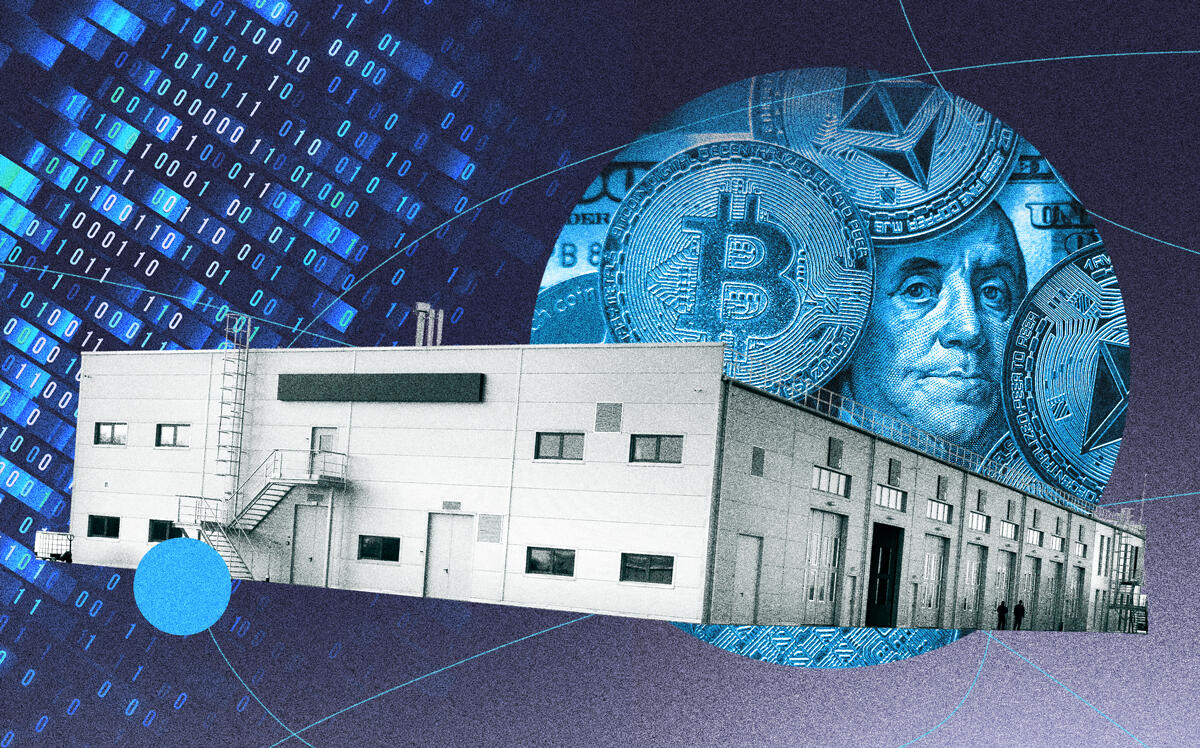Trending
Modernization in major metros is priority for industrial: Newmark
Report points to older stock in bigger markets as ripe for replacement, weighs in for crypto

Warehouse and manufacturing developers should prioritize modern, high-tech facilities in metro centers if they want to meet the demand for e-commerce through 2025.
They also should be willing to sell properties with cryptocurrency and consider building manufacturing centers in space, according to a new report from Newmark discussing long-term trends for the industrial sector.
As consumer demand for e-commerce grows, warehouses will need to have the capability to process more goods efficiently. That means higher clearance heights for rackable storage and more dock doors, among other features.
More than 70 percent of industrial real estate in the U.S. was built before 2000, and about 33 percent was built before 1972, Newmark said, meaning most space may quickly become obsolete as e-commerce continues to drive changes in logistics.
“Continued market modernization is essential, especially for mature, dense markets that serve the largest metro populations,” the report said, noting that those densely populated markets tend to have some of the oldest inventory.
Supply chain disruptions and pandemic-related construction delays over the last two years have caused a lull in delivery of new warehouses. Now, with rising interest rates, costs associated with development are likely to increase further.
Around 500 million square feet of industrial space is currently under development nationally— an all-time high. However, nearly all of this is set to come online by 2023, “signaling a potential future supply gap” after that, according to the report.
The pending gap means developers need to get creative in identifying new sites for development, according to Newmark. The U.S. currently has around 500,000 contaminated land sites that could be converted into modern industrial space. More than 45 older office properties have also been redeveloped or will be converted into industrial complexes, Newmark said.
Industrial developers should also look beyond Earth to build manufacturing centers.
“As Goldman Sachs advised clients back in 2017, ‘space mining could be more realistic than perceived,’” Newmark wrote. One firm, called Made in Space, has been manufacturing goods at the International Space Station since 2014, the report added.
Developers and investment firms should also start looking at cryptocurrency and blockchain technology as it can relate to industrial real estate. Ownership stakes in a warehouse could be bought and sold with crypto or through blockchain-based platforms.
“Blockchain adoption seems the probable future first-step in the CRE sphere,” the report said.




